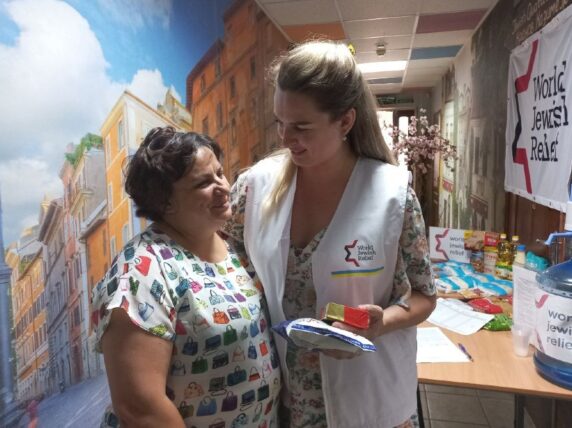Advocates and organisers from low and middle-income countries discuss how global development can be reimagined through a justice-led lens. Lena Bheeroo tells us more.
From its inception, UK international development has been driven by vested economic interests. Is this why we are still struggling to achieve locally led development? New blog from Naomi Yehdego.
Avert transferred ownership to African-led and African-based organisations. They see their transition and closeout not as a sign of failure, but as a strategic success that has enabled their work and mission to live on in new forms.
The dust has settled on COP29, leaving behind a hard-won climate finance deal which aims to distribute the benefits of climate action more equitably worldwide. This is a crucial step toward climate justice, but is progress really being made?
This collection documents real journeys moving beyond theory into practice, discusses real challenges as well as offers multiple pathways toward a common goal: shifting power to local actors in meaningful and lasting ways. What does it mean for an INGO to become locally led?
Let’s shift the dynamic from building for communities to building with them to ensure every construction project in the development sector is inclusive, sustainable, and truly meets people’s need.
Training programmes often rely on the knowledge and perspective of external experts, yet overlooking the agency of local actors and, therefore, rendering them disempowered. How can leadership programmes attune to the needs and priorities of local communities?
In times of crisis, local organisations are often forced to pivot from their regular mandates to meet the most urgent and pressing needs of their communities. But what does this look like in reality for these organisations, and how can international partners help, not hinder, these efforts?
A new FCDO initiative has led to A transformative report, outlining a roadmap for fostering equitable partnerships, advancing sustainable outcomes, and amplifying the impact of FCDO’s initiatives globally. WACSI and Bond have collaborated to tell you more.









